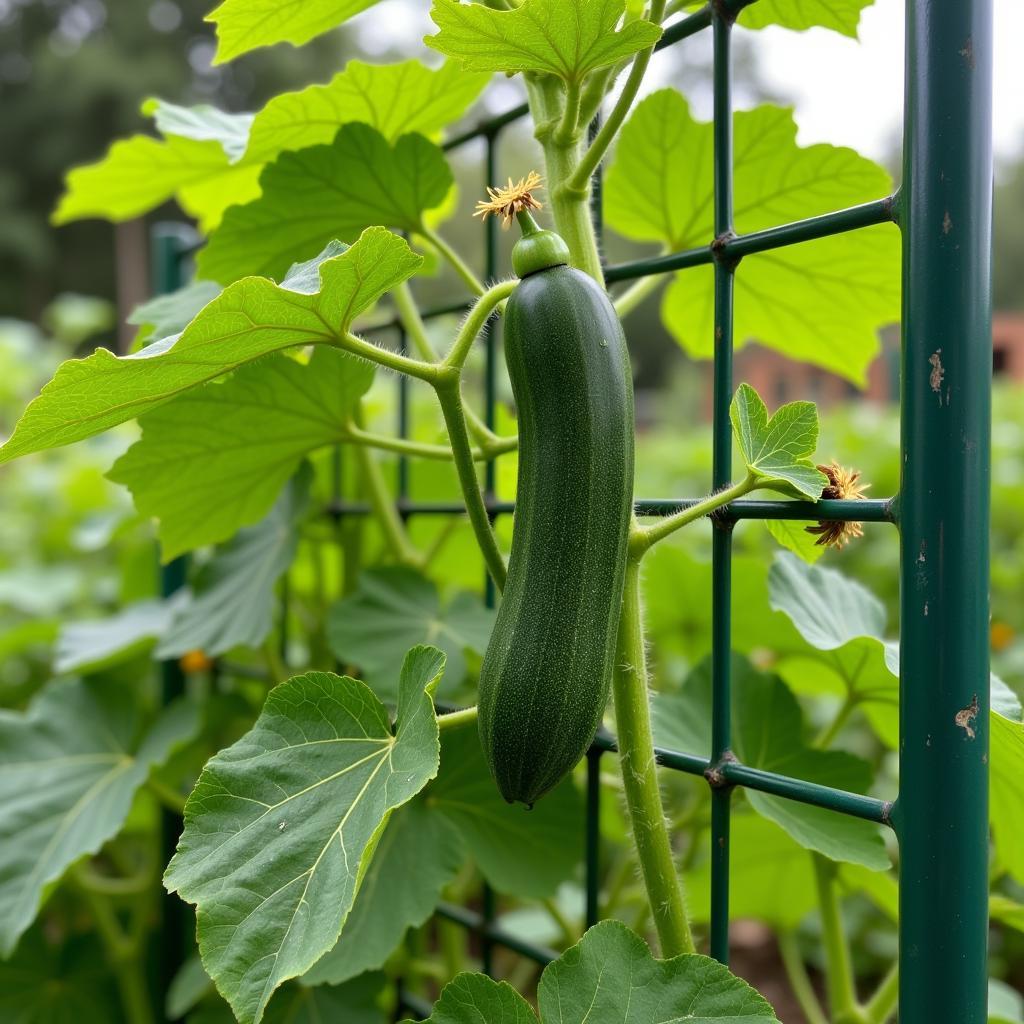Exploring the Power of African Healing Foods
African Healing Foods are more than just sustenance; they’re a vital part of traditional healthcare systems, offering a wealth of therapeutic benefits. For centuries, communities across the African continent have relied on the potent properties of indigenous plants, herbs, and spices to prevent and treat a wide range of ailments. This deep-rooted knowledge, passed down through generations, reveals a profound connection between diet and well-being. From immune-boosting baobab fruit to the anti-inflammatory properties of turmeric, African healing foods offer a natural and holistic approach to health.
Unveiling the Secrets of African Healing Foods
African traditional medicine emphasizes a preventative approach to health, focusing on maintaining balance and harmony within the body. Food plays a central role in this philosophy, with specific ingredients chosen for their medicinal properties. These healing foods are often incorporated into daily meals, subtly contributing to overall well-being. This approach differs significantly from Western medicine, which often focuses on treating symptoms after they appear.
Many African healing foods are packed with antioxidants, vitamins, and minerals, providing essential nutrients that support the body’s natural healing processes. For example, moringa, known as the “miracle tree,” is a powerhouse of nutrients, offering a wide range of health benefits from boosting energy levels to improving digestion. Similarly, the african berry used in hindi has also been recognized for its potential health benefits.
What are the most commonly used African healing foods?
Some of the most commonly used African healing foods include baobab fruit, known for its high vitamin C content and immune-boosting properties; rooibos tea, a caffeine-free beverage rich in antioxidants; and bitter leaf, used to treat a variety of ailments from malaria to digestive issues. These ingredients offer a glimpse into the vast pharmacopoeia of African traditional medicine.
The Role of African Healing Foods in Traditional Medicine
Traditional healers across Africa possess extensive knowledge of the medicinal properties of local plants and foods. They skillfully combine these ingredients to create remedies for a wide range of illnesses, from common colds to chronic conditions. This knowledge, often passed down orally through generations, represents a valuable cultural heritage. It’s also a testament to the efficacy of natural remedies in promoting health and well-being.
How can I incorporate African healing foods into my diet?
Incorporating African healing foods into your diet can be as simple as adding baobab powder to your smoothies, brewing a cup of rooibos tea, or including more leafy greens like spinach and amaranth in your meals. Even small changes can have a significant impact on your overall health. You could be surprised by the potential of the african berry deep in congo.
The Scientific Basis of African Healing Foods
While traditional knowledge has long recognized the healing power of African foods, modern science is increasingly validating these claims. Studies are revealing the potent antioxidant, anti-inflammatory, and antimicrobial properties of many indigenous African plants. This research provides a scientific basis for the traditional uses of these foods and opens up new possibilities for developing natural remedies. The african apostolic church often emphasizes the importance of natural remedies and healthy living.
Dr. Abena Osei, a renowned ethnobotanist, emphasizes the importance of preserving traditional knowledge: “African healing foods represent a treasure trove of medicinal potential. We must continue to research and document these traditions to ensure their benefits are shared with the world.”
Another expert, Dr. Kwame Nkrumah, a specialist in traditional African medicine, adds, “For generations, African communities have relied on the power of nature to heal. These practices offer valuable insights into the complex relationship between diet and health.”
In conclusion, African healing foods offer a powerful and natural pathway to better health. By embracing these traditions, we can tap into the ancient wisdom of the continent and discover a wealth of therapeutic benefits. Exploring the world of African healing foods can be a journey of discovery, even leading you to explore aspects like the african breast com community. Consider adding these incredible ingredients to your diet to experience their remarkable potential. You might even find information about dealing with an african grey parrot bite infection using traditional remedies.
FAQ
- What are some examples of African healing foods?
- How can I find African healing foods near me?
- Are African healing foods safe for everyone?
- Can African healing foods replace conventional medicine?
- What are the potential side effects of African healing foods?
- Where can I learn more about African healing foods?
- How can I incorporate African healing foods into my daily meals?
When you need support please contact Phone Number: +255768904061, Email: kaka.mag@gmail.com Or visit our address: Mbarali DC Mawindi, Kangaga, Tanzania. We have a 24/7 customer support team.


